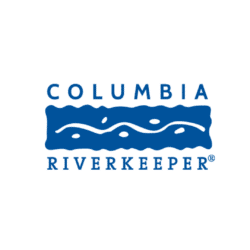
Columbia Riverkeeper
Home Columbia Riverkeeper
Experience
Columbia Riverkeeper’s mission is to protect and restore the water quality of the Columbia River and all life connected to it, from the headwaters to the Pacific Ocean.

The best of EcoWatch right in your inbox. Sign up for our email newsletter!

Columbia Riverkeeper’s mission is to protect and restore the water quality of the Columbia River and all life connected to it, from the headwaters to the Pacific Ocean.